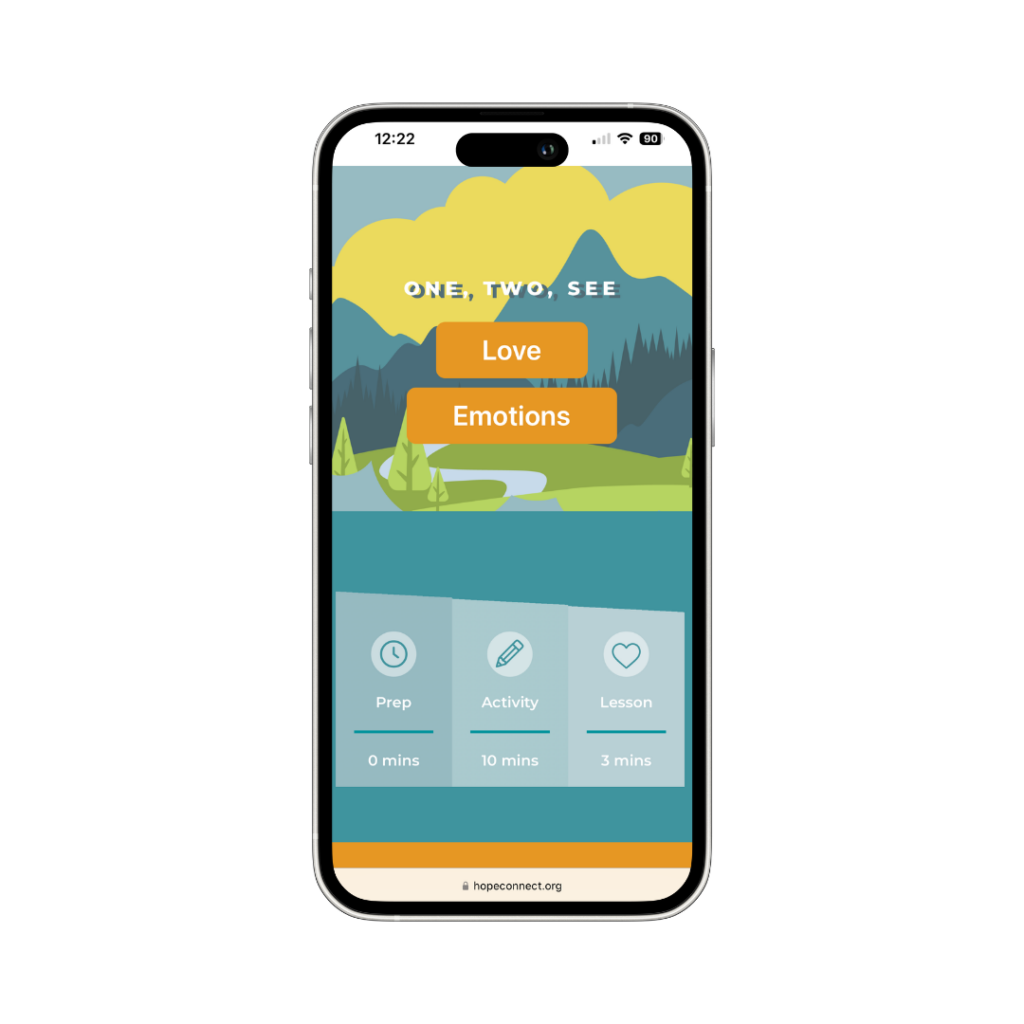It’s been a long week at work, and you’re ready to wind down on the weekend and relax with your family.
But on Friday night, your children tell you they have a big social studies project due next week, and they need your help making the poster on Sunday after church. And the free Saturday morning you’d planned for yourself is now filled with rescheduled basketball practice and a track meet that was canceled earlier in the season.
Sound familiar?
In these moments, it’s easy to become resentful at our situations or angry with our children, but they are perfect opportunities to practice adaptability as a parent.
Why We Need Adaptability as a Parent
Enriched by years of application in family counseling settings and great research surrounding the authoritative style of parenting, Dr. Daniel P. Huerta, Vice President of Family and Youth at Focus On The Family, a strategic partner of HopeConnect™, shares seven key traits parents can develop to become more effective caretakers, mentors and leaders for their children.
One of these is adaptability.
In his book, Seven Traits of Effective Parenting, Dr. Huerta explains how the Holy Spirit enables us to be adaptable in response to life’s most difficult stressors. However, when we are unable to adapt, we’re more likely to feel stressed, anxious or angry.
Over time, this can have a negative impact on our relationship with our children. While becoming more flexible might seem impossible, it’s not. Here are four simple ways to start practicing adaptability as a skill in your household.
4 Ways to Foster Adaptability
Like any other parenting skill, you can become more adaptable with practice. Here are the four strategies, identified in Dr. Huerta’s book, to help:
- Having a Flexible Mindset – A lot of times, our children see things from a different perspective than we do. If your child tells a lie, for example, you can practice having a flexible mindset by trying to understand what led them to tell the lie and what need or emotion was driving the behavior. Doing this rather than just focusing on the dishonesty alone will impact how you respond and help your child navigate making a better choice next time.
- Looking at the Bigger Picture – Our lives move at a frightening pace sometimes, practice pausing, stepping back and observing the situation before responding. When your child is misbehaving, what could be happening for them in that moment or what factors from their story, or even their day could be contributing? If we stop and look at the bigger picture instead of the immediate challenge in front of us, we can practice adaptability and remain regulated in times of stress.
- Having a Growth Mindset – It’s easy to look at our lives and think things will never change — but that’s not true. As long as we’re alive, we constantly have the opportunity to evolve and develop new habits. Believing this (and acting on this belief) is evidence of a growth mindset. This includes letting go of perfection and adjusting the bar of expectations appropriately for ourselves and our children.
- Learning and Adjusting – No parent starts out with all the answers. But what sets adaptable parents apart is their willingness to learn from experience, reflect on what is and isn’t working, and make intentional adjustments as their child grows. Being open to receiving new information and learning about different parenting styles — and then incorporating them into your practice — is a sign of adaptability. Adaptability also means recognizing that your child’s needs will change over time and adjusting your parenting strategies accordingly to support their development.
KEY TAKEAWAY
Adaptable parenting requires a willingness to grow, reflect, and respond with flexibility rather than rigidity — especially in moments of stress or challenge. When parents practice a flexible mindset, consider the bigger picture, embrace growth, and adjust their approach over time, they create a supportive environment that meets their child’s evolving emotional and developmental needs.
“Don’t copy the behavior and customs of this world, but let God transform you into a new person by changing the way you think. Then you will learn to know God’s will for you, which is good and pleasing and perfect.” ~Romans 12:2 (NLT)
APPLICATION
Transform your next car ride into an opportunity for connection by playing Think, Share, Care. This easy game invites your children to tell you about themselves and ask you questions, too, so you can grow closer as a family.
Find this game and more now in the Everyday Moments™ activities collection!




